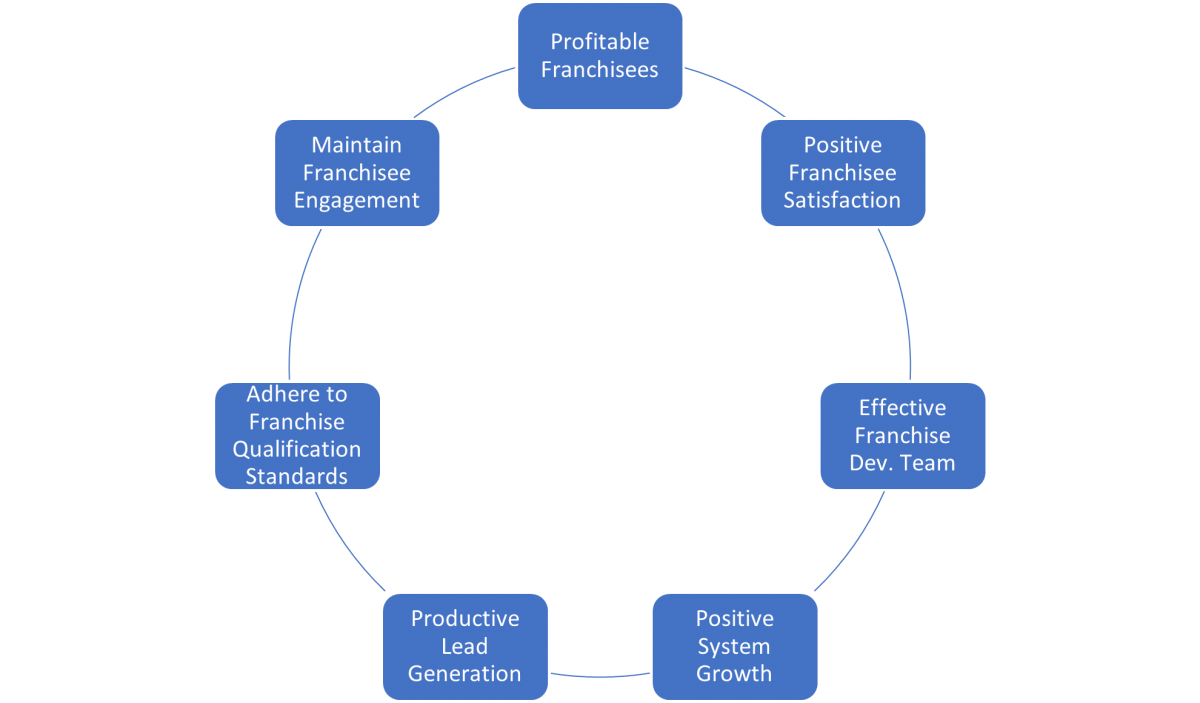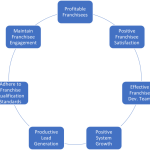Photo by Tim Toomey on Unsplash
One way to get better-quality products is by buying local ingredients or those grown locally (naturally). This helps reduce transportation costs, which can lower food cost due to fuel prices—and it also reduces waste since you wouldn’t be shipping food across country lines when there are local farms nearby!
Macro Methods To Control Food Costs In A Restaurant And Maximize Profits
By Gary Occhiogrosso – Managing Partner, Franchise Growth Solutions.
Restaurant owners, chefs, and managers know the value of controlling food costs. But understanding how to manage your restaurant’s food costs can be tricky. This is because so many factors determine what goes on your menu and how much it should cost, from food and labor costs to waste management. Here ais a quick overview on how you can manage your restaurant’s food cost:
Food Cost Percentage
Food cost percentage is the amount of money spent on food divided by total sales. It’s a measure of how much of your sales are going toward the cost of goods, which is used to calculate your profitability.
In addition to being an overall measure of profit margin, food cost percentage also allows you to track discrepancies between weeks and months regarding budgeting. For example, if one month shows a high percentage while another shows a low one, some shifts in staffing or inventory may need addressing before they become problems later on down the line.
Keep Track of Inventory
You must keep track of your inventory. This is the first and most crucial step in controlling food cost. You must know your inventory, its location, and how much has been used or sold. There are several ways to keep track of your supply inventory: a spreadsheet (like Microsoft Excel) or a software program (like QuickBooks or Restaurant 365). You could also use cloud-based inventory management systems such as Restaurant Manager Pro or Inventory Doctor that automatically sync with your POS system.
The benefits of using an automated system include: tracking a cost per item; recording sales by SKU; producing purchase orders based on demand; monitoring stock levels; receiving alerts when stock gets low; comparing product costs against competitors’ prices via price comparison reports; sending out notifications when ordering needs to be done soon because inventory will quickly run out (or vice versa—notifying suppliers that there is excess capacity).
Quality Products
Regarding food costs, the quality of your products is one of the most critical factors. You may be able to save money by buying less expensive ingredients and products, but if they’re not good quality, then you will have wasted your time and money because they won’t taste as good. One way to get better-quality products is by buying local ingredients or those grown locally (naturally). This helps reduce transportation costs, which can lower food cost due to fuel prices—and it also reduces waste since you wouldn’t be shipping food across country lines when there are local farms nearby! Also, local farms tend to use safer pesticides than big corporations because they want their customers happy; nothing makes people mad like finding out that pesticides are used on their food without them knowing about it!
Avoid Waste
Reduce food waste, Recycle food waste.
Recycling programs allow you to turn your leftover food into an asset by turning it into compost or animal feed or donating it to those in need. You can also use recyclable materials and packaging for other items in the restaurant or kitchen, such as cutting boards, aprons, and dish towels. Donate food waste to charity organizations such as homeless shelters, soup kitchens, and food pantries, where it will be used as an ingredient for meals served to those who need them most in our communities. This is helpful from a cost-saving point of view and helps promote community values through charitable giving while helping reduce hunger in America overall! The key is to find a system that meets your needs. For example, if you are a small business owner without an IT department, then a cloud-based solution might be the best choice for you. However, if you have an IT team and can afford software like QuickBooks or Sage 50 US Accounts Plus, then, by all means, use that instead. In addition, you should consider buying local ingredients and products to save money on food costs. They tend to be of better quality because they are grown in the area where people live. This also helps reduce waste since there is no need for shipping across country lines when local farms are nearby!
Use Technology to Manage Inventory and Recipes
The second key to controlling food costs in your restaurant is using technology to manage your inventory and recipes. You can use technology to manage inventory by using a POS system. A POS system tracks sales, manages orders, records customer information, and orders supplies. If you don’t already have one in place at your restaurant, consider getting one before the end of summer because they are beneficial when it comes time for peak season in October (Halloween), November (Thanksgiving), and December (Christmas). Use technology as well when it comes to managing recipes at your restaurant. Recipe management systems allow you to access each recipe anytime via an app or web browser. These programs work on any device with internet access, such as tablets or laptops located in the kitchen area where WiFi connects all these devices. They work together seamlessly even if multiple users operate them simultaneously without slowing down their performance, which means efficiency ratings go up. In contrast, labor costs go down since they no longer need any additional cooks hired just for this task alone since now everyone knows exactly what needs to be cooked next, so no more wasted time spent looking things up!
To restate the top ways to manage the Cost of Goods.
Know your food cost percentage: This should be considered the most important. The food cost percentage is a measurement of how much it costs to make and sell your food (expressed as a percentage). It includes all direct ingredients, packaging materials, labor, overhead, and other expenses associated with preparing ingredients for sale at retail. If your food costs exceed 30 percent of sales, you’re probably losing money on every dollar of revenue generated by your business.
Keep track of supply inventory: Make sure you have accurate records of what you have on hand at any given time to avoid running out unexpectedly and losing customers because they can’t get what they want when they want it! You also don’t want to overstock supplies or make more than necessary if demand is low; that’ll waste money! Please ensure everyone in the kitchen or warehouse knows their responsibilities regarding stocking shelves with new products. In addition, make sure there’s always someone available who understands inventory management software programs (like this one!) so that even if someone leaves unexpectedly due to not knowing how these programs work, there will still be an easy way.
Use compostable materials: Compostable materials are made from organic material that can be decomposed by microorganisms and turned into compost, which can then be used as fertilizer for gardens and farms. Using compostable utensils, plates, and cups at your restaurant or event venue will reduce landfill waste each year to get things done.
Conclusion
As I mentioned up tpo, this is a overview. There are numerous resources on the internet as well as restaurant consultants that assess and recommend a variety of ways to save on food cost and increase profits. While it is difficult to control food cost in a restaurant these simple ways that have proven successful.
The first step is to determine the percentage of your total sales that should go toward food costs. This will give you an idea of how much money you need every month or year to operate at a given profit level.
Next, keep track of supply inventory to keep up with demand and avoid waste by ordering more when needed.
Quality products are also crucial because they will save time (and money) during preparation while providing better flavor profiles at lower prices than similar items sold elsewhere!
Finally, use technology like software platforms to manage recipes and inventory levels without overspending on supplies like employees who take care too long between tasks like chopping vegetables or preparing meatballs.














